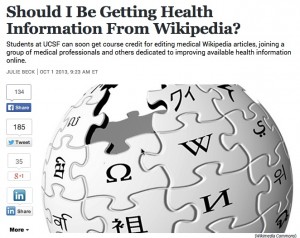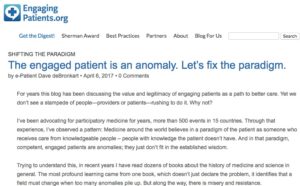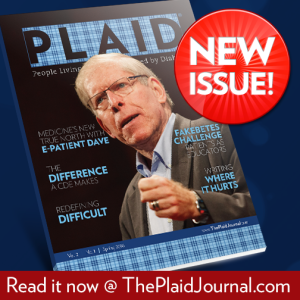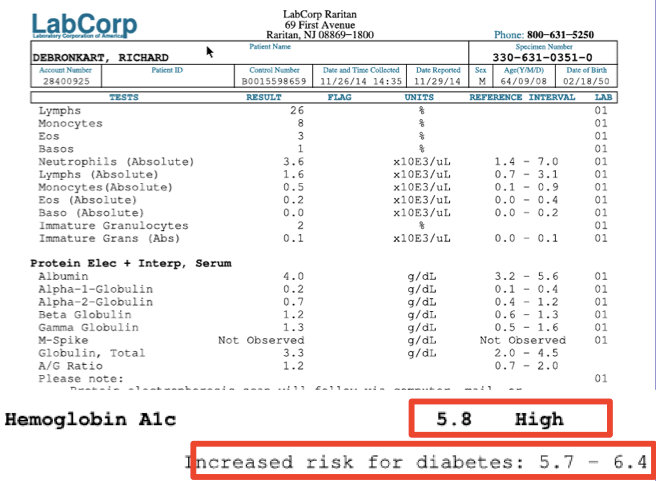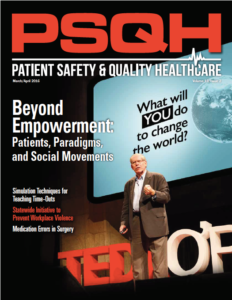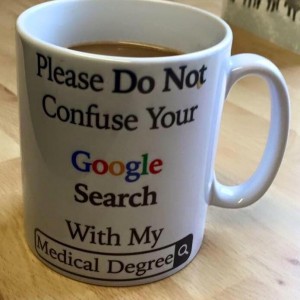Email subscribers, to see the multimedia below, you may need to click the headline to view this online.
Last July I participated in a workshop on life after cancer at the National Academies of Sciences, Engineering, and Medicine in Washington. They’ve just published the final report, Long-term Survivorship Care after Cancer Treatment: Proceedings of a Workshop. It’s a free 160 page PDF.


